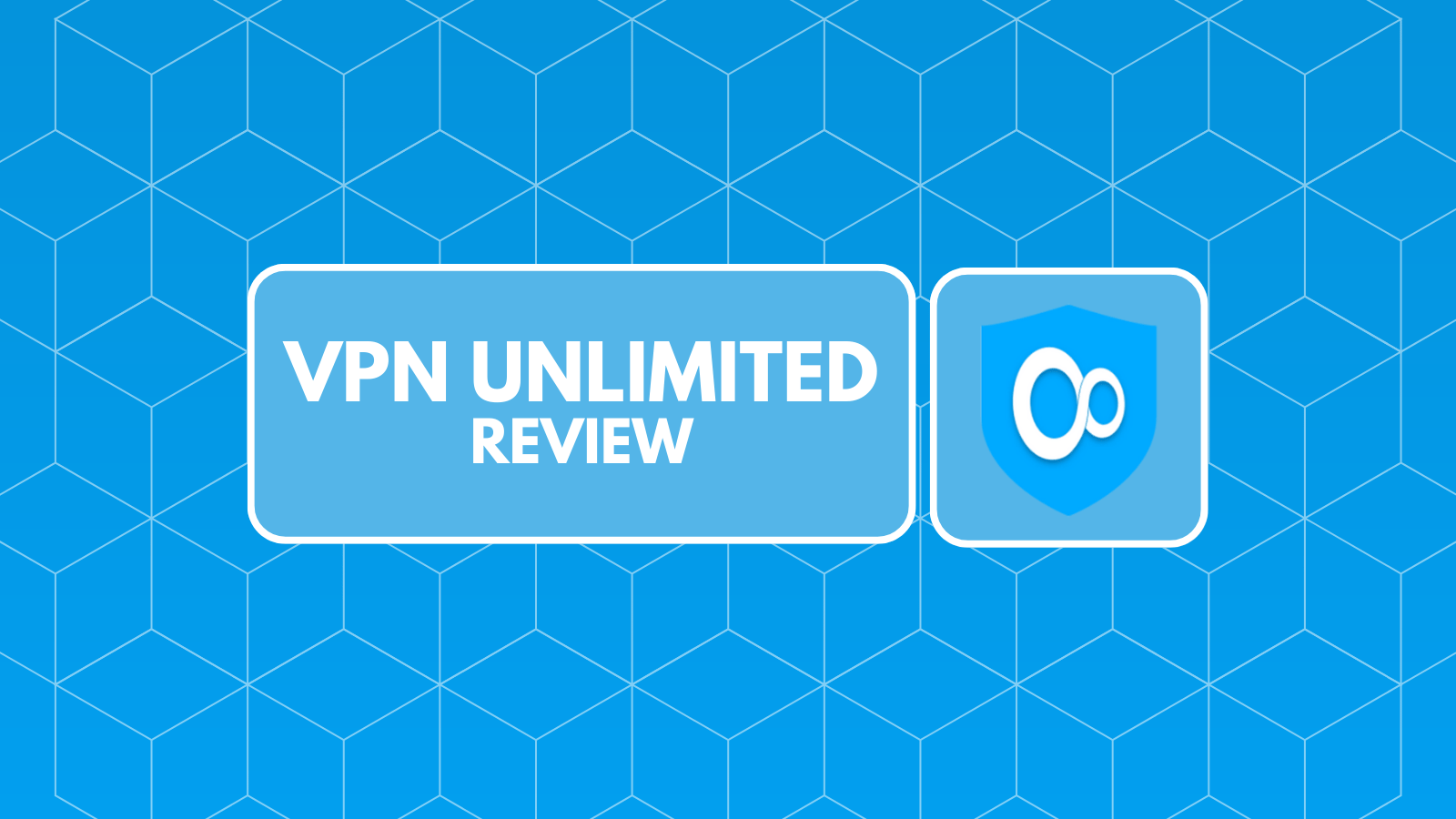Explaining the importance of data privacy and personal information
Protecting personal information, and governments to prioritize data privacy and enact robust measures to safeguard sensitive data.

In today's increasingly interconnected and data-driven world, the importance of data privacy and protecting personal information cannot be overstated.
As we navigate the digital landscape, we leave behind a trail of data that, when mishandled, can have far-reaching consequences. This blog post explores the fundamental reasons why data privacy matters and the steps we can take to safeguard our personal information.
Preserving Individual Rights for importance of data privacy
At the core of the data privacy debate lies the preservation of individual rights. In democratic societies, citizens have the right to privacy, a fundamental human right recognized by international laws and conventions.
This right encompasses the protection of personal information, and it is essential for maintaining personal autonomy and freedom.
When individuals lose control over their data, they become vulnerable to various forms of abuse, such as identity theft, financial fraud, and unauthorized surveillance.
Data breaches can lead to significant harm, both financially and emotionally. Therefore, safeguarding data privacy is essential to ensure that our fundamental rights remain intact.
Trust in the Digital Economy
Trust is the bedrock of the digital economy. Businesses and organizations collect and store vast amounts of personal data, ranging from financial records to medical histories. Without trust in data privacy practices, individuals may hesitate to engage in online transactions, share personal information, or use digital services.
For businesses, trust is synonymous with success. Customers are more likely to engage with companies that demonstrate a commitment to data privacy. In contrast, data breaches and privacy violations can have severe consequences, damaging a brand's reputation and resulting in legal consequences.
Preventing Identity Theft and Fraud
One of the most immediate threats posed by a lack of data privacy is identity theft and fraud. Personal information, such as Social Security numbers, bank account details, and credit card information, can be exploited by malicious actors to steal an individual's identity.
Once someone's identity is stolen, criminals can access their financial accounts, open new lines of credit, and engage in other fraudulent activities. The repercussions for the victim can be long-lasting and devastating, including financial ruin and emotional distress.
By protecting personal information, we can significantly reduce the risk of identity theft and fraud, ensuring that individuals can use digital services with confidence.
Safeguarding Sensitive Information
Beyond financial data, many individuals store sensitive information digitally, such as medical records, legal documents, and personal correspondence. The unauthorized access to such information can have profound consequences.
For instance, medical records can reveal sensitive health conditions and treatments, which, if exposed, could lead to discrimination or embarrassment. Legal documents may contain confidential information related to ongoing cases or sensitive agreements. Protecting this information is crucial for personal well-being and security.
Mitigating Social Engineering Attacks
Data privacy also plays a crucial role in mitigating social engineering attacks. These attacks rely on manipulating individuals into divulging sensitive information or taking specific actions. When attackers have access to personal information, they can craft more convincing and targeted attacks.
By safeguarding personal information, we reduce the likelihood of falling victim to social engineering attacks, such as phishing scams or impersonation attempts.
Preserving Democracy and Freedom
In an era where information is power, data privacy is essential for preserving democracy and freedom. Governments and other entities may seek to monitor and control information flow, potentially leading to censorship and infringements on individual liberties.
Protecting personal data ensures that individuals can communicate and access information freely without fear of surveillance or repression. Privacy is a cornerstone of democracy, enabling citizens to express dissenting opinions and hold those in power accountable.
Ethical Considerations
Beyond legal and practical reasons, there are strong ethical considerations surrounding data privacy. Respecting individuals' privacy demonstrates empathy and a commitment to treating people with dignity and respect. It's a reflection of our values as a society.
When organizations prioritize ethical data handling practices, they contribute to a culture of respect and trust. This, in turn, fosters better relationships between individuals and institutions.
The Evolving Regulatory Landscape
Recognizing the importance of data privacy, governments worldwide have enacted regulations to protect individuals' personal information. Prominent examples include the European Union's General Data Protection Regulation (GDPR) and the California Consumer Privacy Act (CCPA).
These regulations impose strict requirements on organizations for handling personal data and provide individuals with greater control over their information.
As the regulatory landscape continues to evolve, non-compliance with data privacy laws can result in significant fines and legal consequences. This makes it imperative for businesses to prioritize data privacy to avoid financial and reputational damage.
How Can We Understand the Importance of Data privacy Protect Personal Information?
Understanding the importance of data privacy is just the first step. Here are some practical steps individuals and organizations can take to protect personal information:
1. Use Strong Passwords: Employ complex, unique passwords for online accounts and consider using a reputable password manager to keep track of them.
2. Enable Two-Factor Authentication (2FA): Activate 2FA whenever possible to add an extra layer of security to your accounts.
3. Be Cautious with Sharing: Avoid sharing sensitive personal information, such as Social Security numbers or financial details, unless absolutely necessary and with trusted entities.
4. Regularly Update Software: Keep your operating systems, applications, and antivirus software up to date to patch vulnerabilities.
5. Educate Yourself: Stay informed about common online threats and scams, such as phishing emails or fraudulent websites.
6. Encrypt Data: Use encryption tools and services to protect sensitive data, both in transit and at rest.
7. Review Privacy Settings: Periodically review and update privacy settings on social media platforms and other online services to control what information is shared.
8. Support Privacy-Focused Companies: Choose to do business with companies that prioritize data privacy and transparent data practices.
9. Advocate for Stronger Privacy Laws: Support legislation and initiatives that enhance data privacy protections for individuals.
In a world where data is a valuable currency, safeguarding personal information and respecting data privacy are paramount. It is not merely a matter of compliance with regulations but a fundamental duty to protect individual rights, foster trust, and uphold ethical standards.
As individuals, we must take proactive steps to protect our personal information, and as a society, we must hold organizations and governments accountable for their data handling practices.
By doing so, we can ensure that the digital world remains a safe and empowering space for all. Data privacy is not a luxury; it's a right that must be defended and preserved for the well-being of individuals and the strength of our communities.
What's Your Reaction?
















